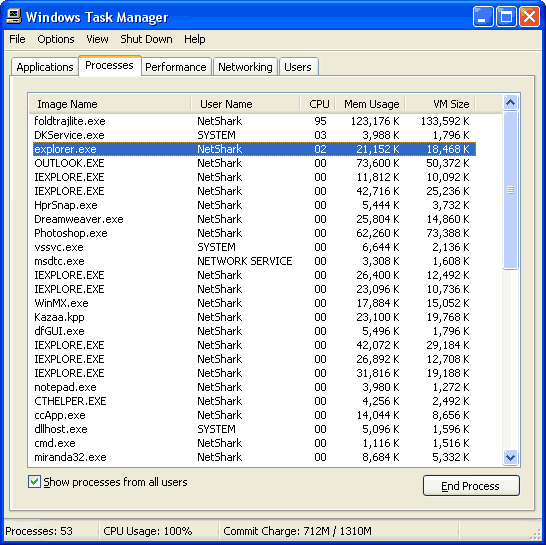|
Last updated November, 2019. note: we link to our free guide to mindfulness and meditation at the bottom of the page (no email required). Note - the following post was written by Chelsea, our Chief Mindfulness Officer and creator of "ARC: mindfulness for children." Becoming aware of the mental activity you were previously unaware of is comparable to thinking you are alone in an empty stadium, and then realizing you are actually surrounded by a hundred thousand screaming - oftentimes angry - fans. - meditationSHIFT Back in January, we wrote a post called Meditation, your Inbox, and contentment, which compared your mind to a cluttered email inbox. We received a lot of feedback from our readers about how much it resonated - I mean, we all dream about getting to "Inbox zero," right? Everything neatly delegated, completed, and filed away. Sounds nice. It sounds even nicer when it comes to de-cluttering our crazy minds. But is there such a thing as "mind zero?" The short answer is no, and part of the long answer is that you wouldn't really want there to be. What we do all want is to feel less stressed, less overwhelmed, less anxious about what's actually there. So, while we can’t hit the "unsubscribe" button on every thought that pops up, we can learn how to keep them from bogging us down. The key to this is awareness, and in order to drive this point home, we've decided to stick with the oh-so-applicable computer analogy. Imagine you’re working on your computer when you notice it starts to take a little longer to process information, open new programs, and load web pages. It’s noticeably slower than it was this a few weeks ago, and it's definitely not performing as efficiently as when it was brand new. So, you decide to do some basic troubleshooting. You begin by exiting most of the programs you currently have open, but it doesn't help much. You double-click on Task Manager, and your eyes widen as you notice that there are many, many more applications and processes running in the background than you were aware of. You give the list a once-over and realize the majority weren't even initiated by you - they've been set to load automatically when your computer boots up. You quickly hit "end task" on the biggest offenders, change their settings, do a quick restart, and you’re back in business. Just like a computer, your mind also has a lot of background activity going on, but the applications and processes take the form of thoughts and emotions. And, most of this activity goes on automatically without any conscious effort on your part. For every thought and emotion you are actually aware of, there are many more lurking just beyond your plane of awareness. This background activity (that you are usually unaware of!) drains you mentally and physically. And, even worse, it ultimately dictates "who you are" and "what you do." Goodbye productivity, creativity, and patience. These "unseen" thoughts and emotions influence your actions and behaviors in subtle (and sometimes not-so-subtle) ways. Irrational fears, knee-jerk reactions, rash decisions...these are all examples of your mind taking the reins and imposing itself on your ability to act skillfully. You find yourself unable to concentrate for very long on any one task, and you work harder to get less done in more time. Instead of crafting thoughtful responses to people and situations, you react quickly and impulsively. You might even feel like you aren't completely in control of yourself. The good news is, you don’t need to abolish or "get rid of" these thoughts or feelings—in fact, you would most likely just increase their numbers and pervasiveness if you tried. Instead, all you need to do is strengthen your awareness of them. Notice them, acknowledge them without judging or analyzing, and watch them as they pass the same way they arose (essentially hitting their own “end task” buttons). Becoming aware of your unchecked thinking helps you zero in on that distracting, dull hum that you didn’t even know was there, effectively shutting it off. Strengthening awareness equips you with your own personal "Task Manager," but it takes practice to learn how to access and utilize it. Your mind is compulsive, and it will sweep you away in the drama it creates every chance it gets. Don’t let it. Learn how to become more aware and mindful by meditating every day, even if it’s just for a few minutes. A consistent practice is essential to breaking down the mental constructs that keep your mind from operating at peak performance. Stop getting caught up in the stories running through your head.Comments are closed.
|
